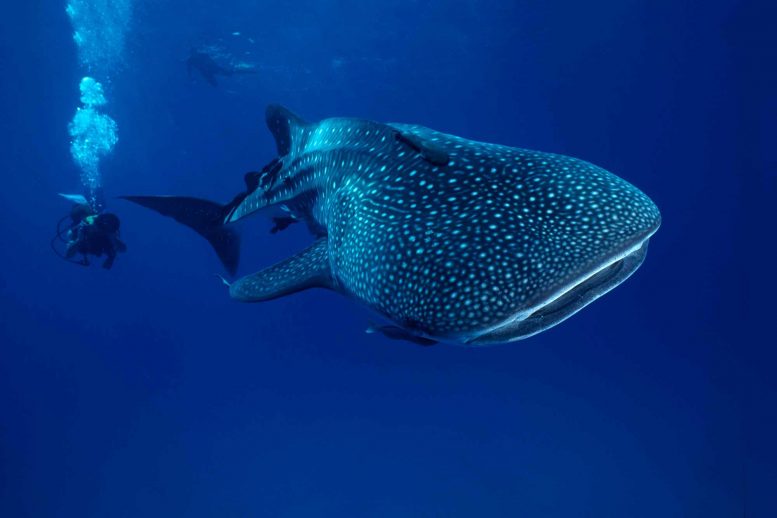
Whale sharks, despite their enormous size, their growth rate is surprisingly slow, at only around 20 to 30 centimeters (8 to 12 inches) per year.
A decade-long study of the iconic fish has found male whale sharks grow quickly, before plateauing at an average adult length of about eight or nine meters (26 to 30 feet). Female whale sharks grow more slowly but eventually overtake the males, reaching an average adult length of about 14 meters (46 feet).
Australian Institute of Marine Science fish biologist Dr. Mark Meekan, who led the research, said whale sharks have been reported up to 18 meters (59 feet) long.
“That’s absolutely huge — about the size of a bendy bus on a city street,” he said. “But even though they’re big, they’re growing very, very slowly. It’s only about 20cm or 30cm (8 or 12in) a year.”
Dr. Mark Meekan, corresponding author, speaks about his research on whale sharks. Credit: AIMS
In conducting the research, scientists visited Western Australia’s Ningaloo Reef for 11 seasons between 2009 and 2019. They tracked 54 whale sharks as they grew — a feat made possible by a unique ‘fingerprint’ of spots on each whale shark that can be used to identify individual fish.
AIMS marine scientist Dr. Brett Taylor said the team recorded more than 1000 whale shark measurements using stereo-video cameras.
“It’s basically two cameras set up on a frame that you push along when you’re underwater,” he said. “It works the same way our eyes do — so you can calibrate the two video recordings and get a very accurate measurement of the shark.”
The study also included data from whale sharks in aquaria.
Dr. Meekan said it is the first evidence that males and female whale sharks grow differently.
For the females, there are huge advantages to being big, he said. “Only one pregnant whale shark had ever been found, and she had 300 young inside her,” Dr. Meekan said.
“That’s a remarkable number, most sharks would only have somewhere between two and a dozen. So these giant females are probably getting big because of the need to carry a whole lot of pups.”
Whale sharks are Western Australia’s marine emblem, and swimming with the iconic fish at Ningaloo Reef boosts the local economy to the tune of $24 million a year.
But they were listed as endangered in 2016.
Dr. Meekan said the discovery has huge implications for conservation, with whale sharks threatened by targeted fishing and ships strikes.
“If you’re a very slow-growing animal and it takes you 30 years or more to get to maturity, the chances of disaster striking before you get a chance to breed is probably quite high,” he said. “And that’s a real worry for whale sharks.”
Dr. Meekan said the finding also explains why gatherings of whale sharks in tropical regions are made up almost entirely of young males.
“They gather to exploit an abundance of food so they can maintain their fast growth rates,” he said.
Dr. Taylor said learning that whale sharks plateau in their growth goes against everything scientists previously thought.
“This paper has really re-written what we know about whale shark growth,” he said.
Reference: “Asymptotic Growth of Whale Sharks Suggests Sex-Specific Life-History Strategies” by Mark G. Meekan, Brett M. Taylor, Emily Lester, Luciana C. Ferreira, Ana M. M. Sequeira, Alistair D. M. Dove, Matthew J. Birt, Alex Aspinall, Kim Brooks and Michele Thums, 16 September 2020, Frontiers in Marine Science.
DOI: 10.3389/fmars.2020.575683
Dr. Meekan and Dr. Taylor are based in Perth, Western Australia.
The research was published today in the journal Frontiers in Marine Science.

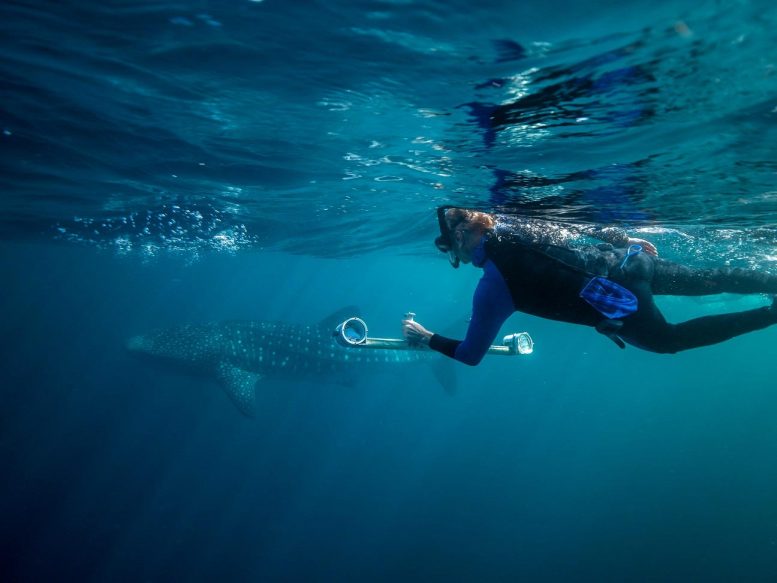
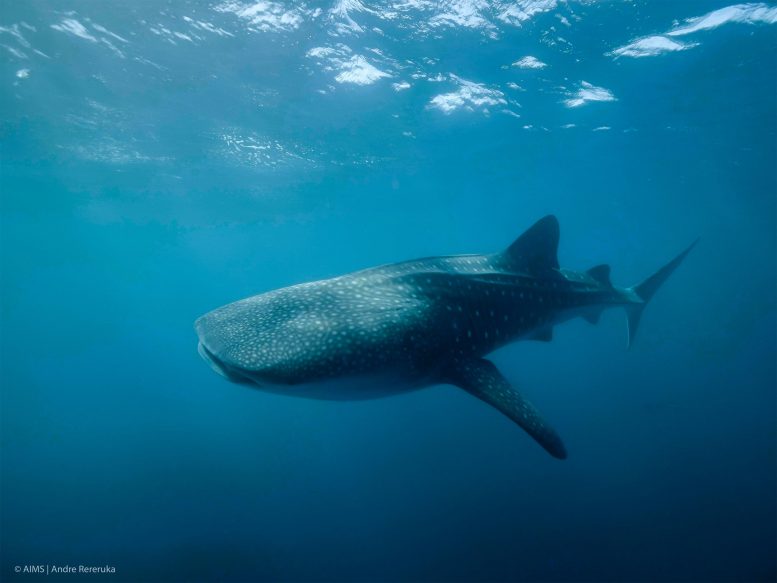

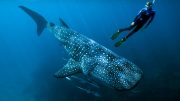
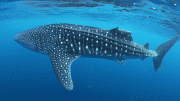


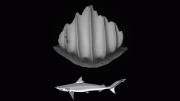


Be the first to comment on "Whale Shark Girls Overtake the Boys to Become World’s Largest Fish"